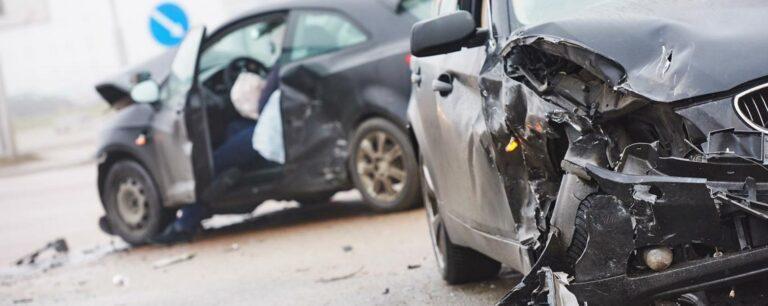After a car accident, the typical thing to do is to file a compensation claim against the responsible party. So naturally, one of the settlements you’ll ask for would be for your injuries. Ordinarily, you might think the pictures of your injuries or the fact that you now walk with crutches should be enough to prove your claim. But this belief is far from the truth.
To get maximum compensation from the fault party’s insurance provider, you must document your injuries extensively. In addition, you must have all the necessary medical records to show that your wounds resulted from the crash. This article discusses the different medical records you need to prove your claim and their effect.
If you suffer injuries due to someone else’s negligence, contact our Douglasville personal injury lawyers at the Law Office of John B. Jackson. We offer excellent legal advice and representation.
What Are Medical Records?
Medical records are documents that explain in detail the patient’s history, clinical findings, diagnostic test results, pre and postoperative care, patient’s progress, and medication. It often includes treatment dates, doctor’s appointments, and details of your doctor’s opinion about your wound.
It also contains the following information:
- The outcome or projected outcome of the treatment procedure
- A breakdown of all the medical costs
- An accurate analysis of your treatments
- An assessment of your current medical condition
- Future treatment procedures with precise descriptions to estimate expected medical costs
What Are the Common Types of Medical Records in a Car Accident Claim?
When you file an insurance claim, the fault party’s insurer will do all they can to devalue it. One way they do this is by seeking to prove that your injuries are not as severe as you alleged, resulted from a preexisting condition, or the latter worsened it. If they can prove this, they will either offer you peanuts as settlements or refuse to pay for your medical expenses.
This is why you should never believe insurance adjusters are your friends. They are always after the insurance company’s bottom line: to make a profit. Now, to avoid letting the insurance company devalue your claim, there are some documents you need as evidence.
Below are some of the common types of medical records used in car accident cases:
- Ambulance/paramedics records
- Hospital visit records
- Emergency room records
- Diagnostic testing records like CT scans, MRIs, and X-rays
- Records from follow-up appointments
- Acupuncture treatment records (if any)
- Physical therapy records and notes
- Independent medical evaluation (IME) reports
- Any other record that applies to your treatment and particular injury
How Medical Records Affect a Compensation Claim
Motor vehicle accident cases fall under personal injury law, a branch of civil law. As a result, the legal principle “he who asserts must prove” applies. So, it is not enough to claim physical injuries, you must prove it. Medical records help you do this, and below are three ways it accomplishes it.
-
It Proves the Injury Source
There are so many cases of car accident insurance fraud in the United States. As a result, insurance companies like to determine that your injuries happened as you claimed. Your medical records help to validate your claim.
Your doctor’s statements and reports on the type of injury you sustained will show its consistency with a car accident. This way, the insurance company cannot claim the wound was not from the accident, nor can they deny you a settlement.
-
It Separates Your Wounds From Underlying Medical Conditions
Even if you have an underlying medical condition, the at-fault party’s insurer cannot deny your claim on that ground. Even if they try, the medical record will distinguish your wounds from the preexisting illness. What’s important is that the injury did not exist before the accident.
-
It Helps Determine the Claims Value
The value of a compensation claim determines how much you’ll get as a settlement. Medical records play a significant role in ascertaining the amount to demand. For instance, your lawyer will gather all your receipts when calculating what to ask for as economic damages.
These bills cover ambulance services, surgeries (if any), therapy, alternative treatment, prescriptions, medical equipment, hospital visits, etc. If you need personal home care, it also covers it. This is why our car accident lawyers in Douglasville always advise victims to attain maximum medical improvement before settling.
Were You Injured in a Car Accident? Contact Us Today!
At the Law Office of John B. Jackson, we understand how hard it is to move on from a car accident. As such, we do all we can to ensure you receive compensation from the at-fault driver. Contact us today to learn how we can help you.




